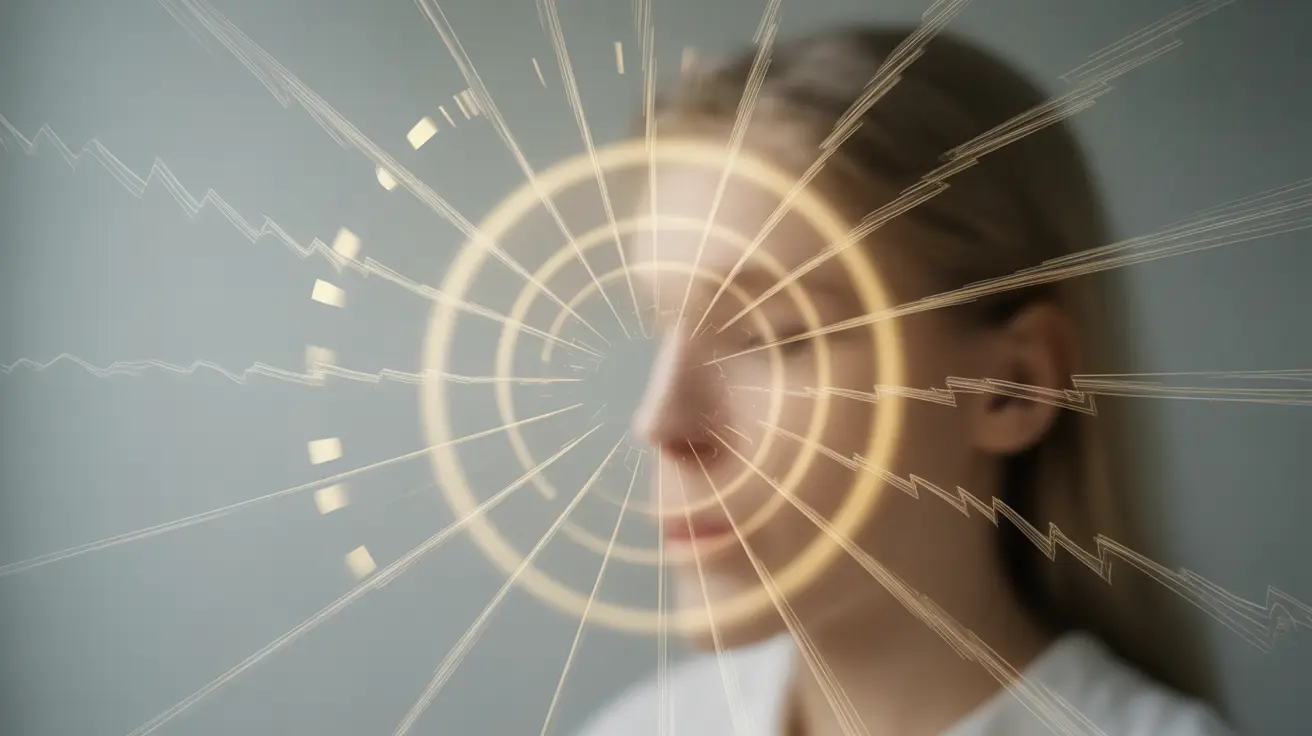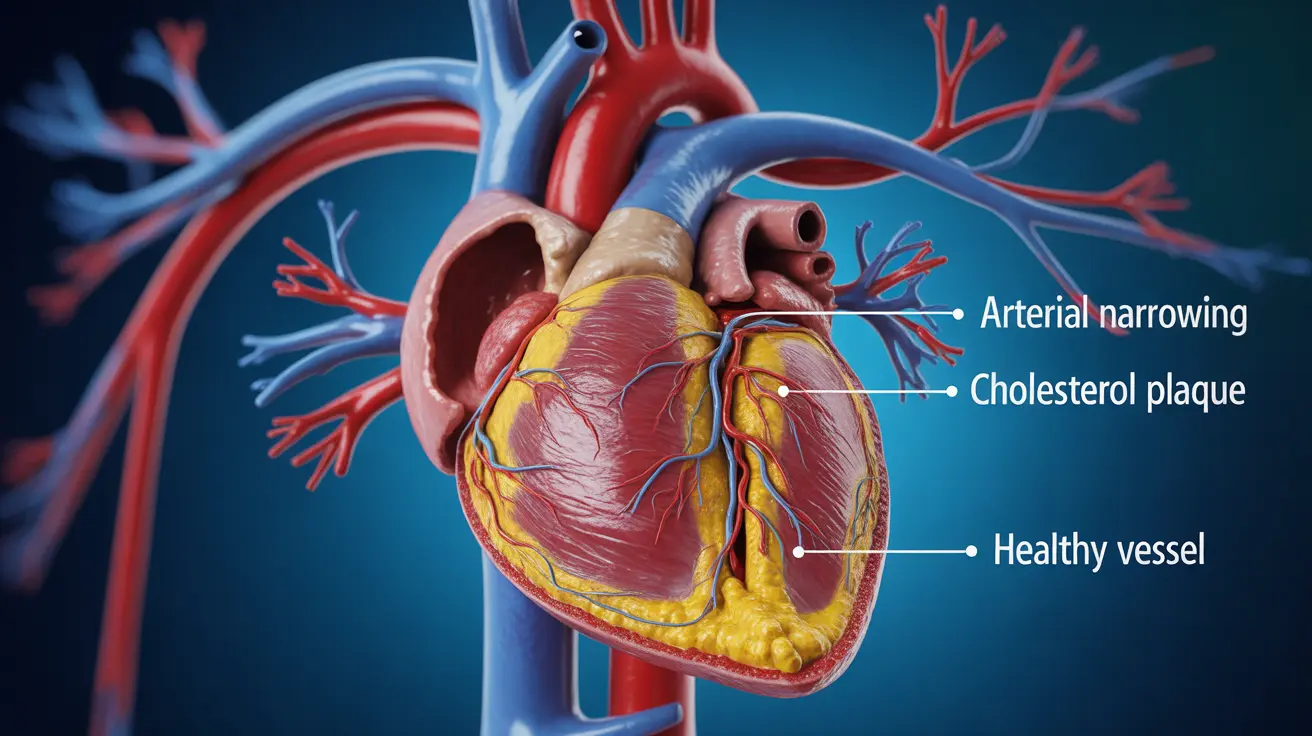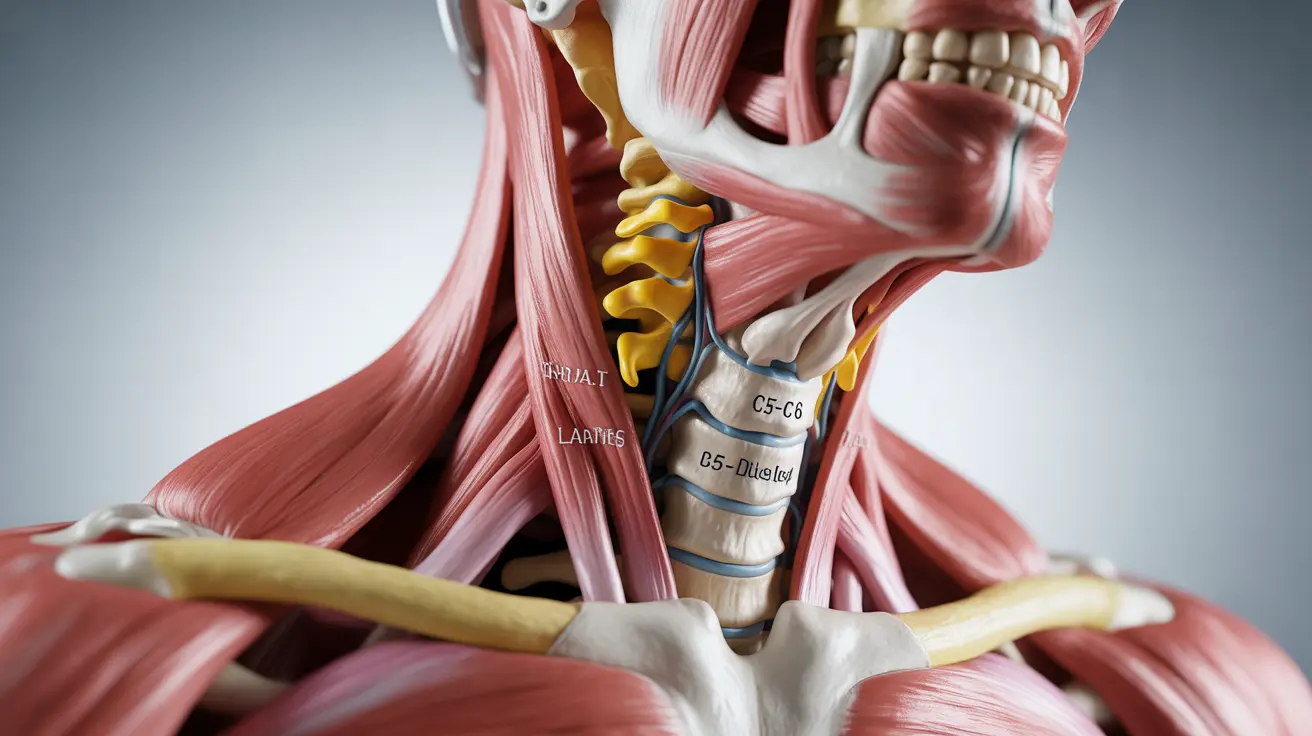Derealization is a challenging mental health experience that can be particularly distressing for teenagers. It's characterized by feeling detached from one's surroundings, as if the world isn't real or appears dreamlike. For adolescents navigating the already complex journey of teenage years, understanding what derealization means and recognizing its signs is crucial for both teens and their caregivers.
This comprehensive guide explores the nature of derealization in teenagers, its symptoms, triggers, and available treatment options. By understanding this condition better, we can help affected teens receive the support they need.
What Does Derealization Mean for Teenagers?
Derealization in teenagers manifests as a persistent or recurring sensation that their environment isn't real. The world might appear foggy, distorted, or artificial, like watching life through a screen or being in a movie. This experience can be incredibly unsettling for young people who are still developing their sense of self and reality.
Many teens describe feeling like they're observing life from outside themselves, or that their surroundings have become unfamiliar and strange, even in places they know well. These sensations, while disturbing, are not signs of "going crazy" but rather symptoms of a recognized psychological phenomenon.
Common Symptoms and Signs
Teenagers experiencing derealization may encounter various symptoms that can affect their daily lives and emotional well-being:
- Feeling disconnected from their surroundings
- Perceiving objects as distorted or unreal
- Experiencing altered sense of time
- Having difficulty focusing or concentrating
- Feeling emotionally numbed or detached
- Questioning the reality of their experiences
- Experiencing heightened anxiety about these sensations
Triggers and Causes
Several factors can contribute to or trigger derealization episodes in teenagers:
- Severe stress or anxiety
- Traumatic experiences
- Lack of sleep or irregular sleep patterns
- Significant life changes
- Substance use
- Underlying mental health conditions
- Hormonal changes during adolescence
Treatment and Management Approaches
Effective treatment for derealization in teenagers typically involves a multi-faceted approach:
Professional Support
Mental health professionals can provide various therapeutic interventions:
- Cognitive Behavioral Therapy (CBT)
- Mindfulness techniques
- Grounding exercises
- Anxiety management strategies
- Family therapy when appropriate
Lifestyle Changes
Certain lifestyle modifications can help manage symptoms:
- Maintaining regular sleep patterns
- Engaging in physical exercise
- Practicing stress-reduction techniques
- Following a balanced diet
- Limiting screen time and social media use
When to Seek Professional Help
Parents and caregivers should consider seeking professional help when:
- Symptoms persist for more than a few weeks
- Derealization interferes with daily activities
- The teenager shows signs of severe distress
- Academic performance significantly declines
- Social withdrawal becomes apparent
- There are concerns about self-harm or unsafe behaviors
Frequently Asked Questions
What does derealization mean and how does it feel for teenagers?
Derealization means experiencing a sense of unreality where the world feels unreal or dreamlike. For teenagers, it can feel like being in a fog, watching life through a screen, or feeling disconnected from their surroundings. This experience can be particularly confusing and distressing during adolescence.
What are the common symptoms of derealization in adolescents?
Common symptoms include feeling detached from reality, experiencing the world as distorted or unreal, having altered time perception, difficulty concentrating, emotional numbness, and persistent questioning of reality. These symptoms can vary in intensity and duration.
What triggers or causes derealization episodes in teenagers?
Derealization can be triggered by intense stress, trauma, anxiety, lack of sleep, hormonal changes, substance use, or underlying mental health conditions. Major life changes and academic pressure can also contribute to episodes.
How is derealization treated and managed in teens?
Treatment typically includes therapy (particularly CBT), mindfulness practices, grounding techniques, and lifestyle changes. Some teens may benefit from medication if prescribed by a healthcare provider. A comprehensive treatment plan usually involves both professional support and self-management strategies.
When should parents or caregivers seek professional help for a teenager experiencing derealization?
Professional help should be sought when symptoms persist beyond a few weeks, interfere with daily functioning, cause significant distress, lead to academic decline, or are accompanied by concerning behavioral changes or thoughts of self-harm.




